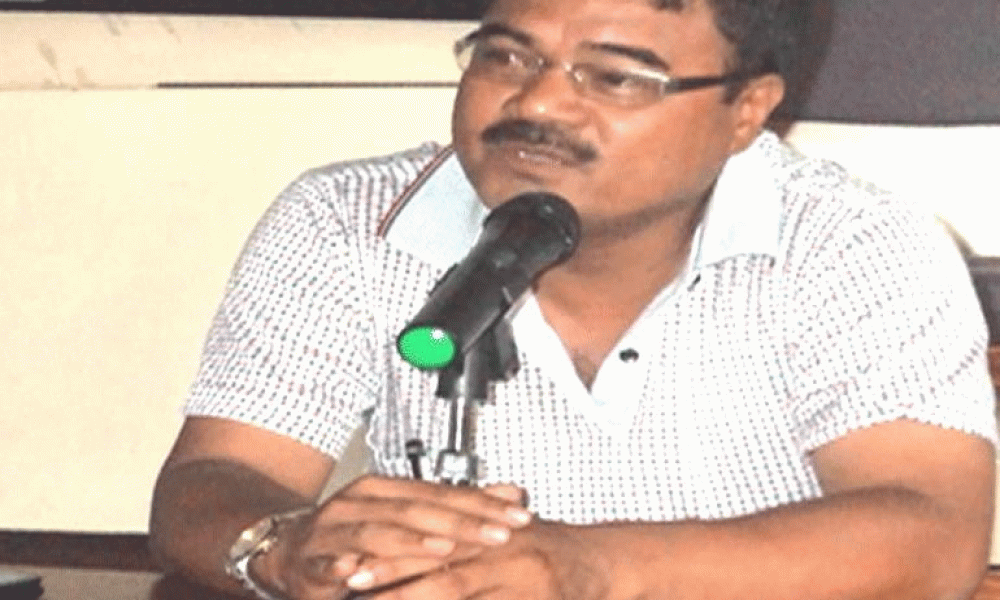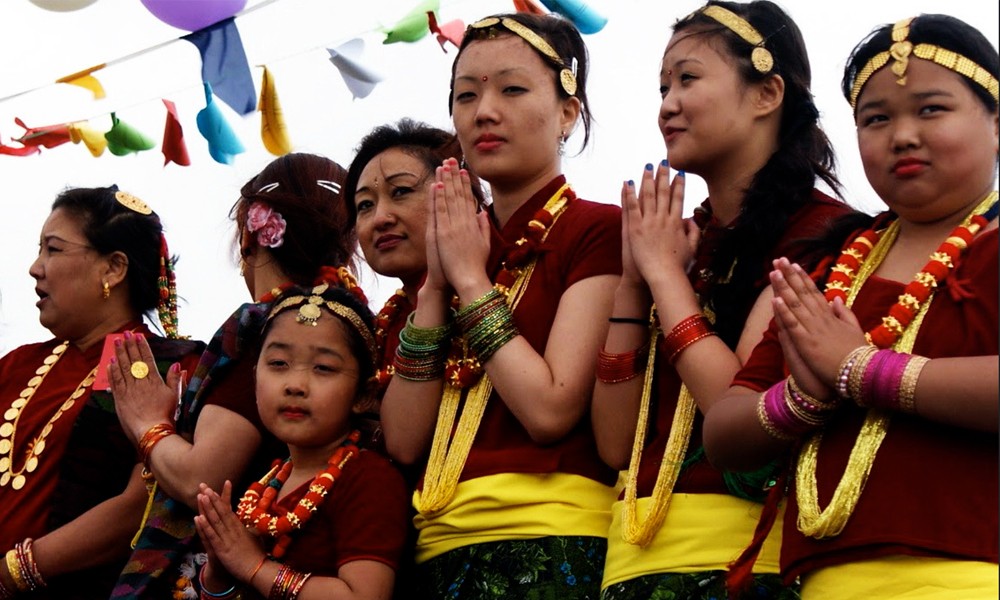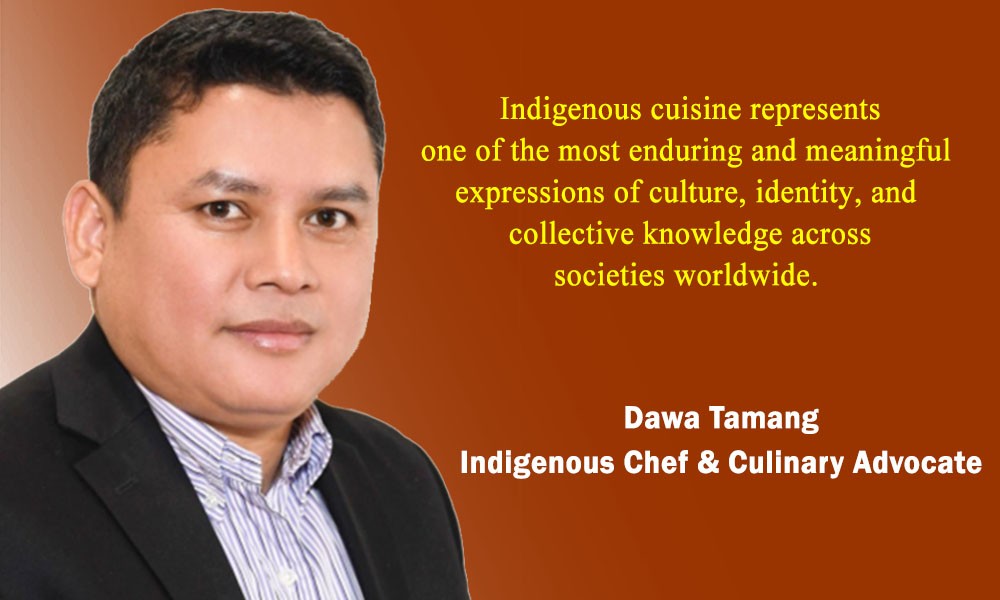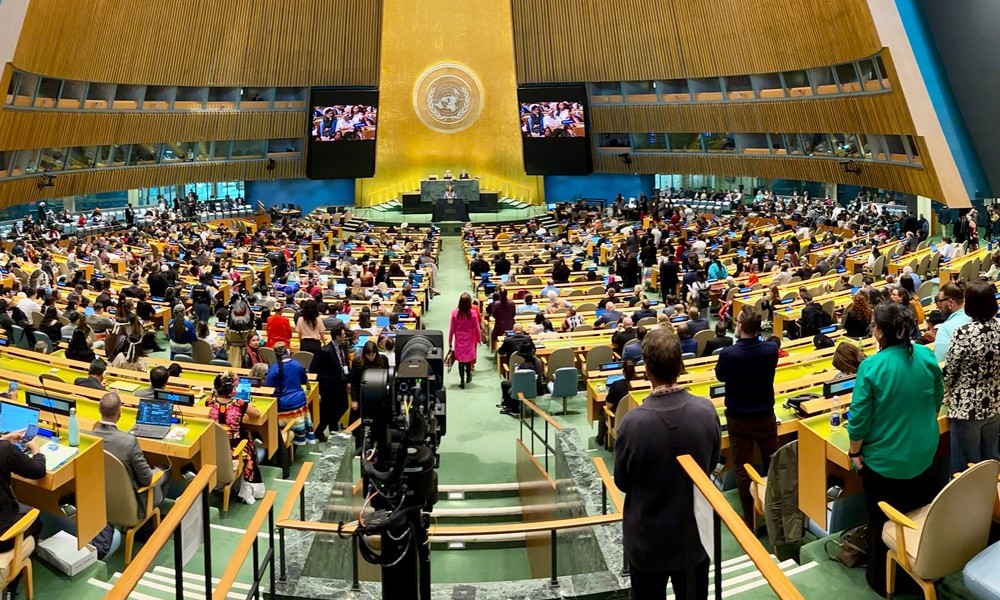Aahuti
A writer, Dalit activist and a leader of the UCPN (Maoist)
Before we initiate a debate on the draft constitution in the context of the rights, agendas and resentment of the Dalits, we must have a look at the historical aspects of the Dalit movement. In Nepal, many see and understand the Dalit issues only from the perspectives of untouchability, and the non-Hindus think that problem of untouchability exists only in the Hindu society. All aspects of the Dalit movement have never come to the spotlight. Their economic issues are one of the most neglected aspects.
Dalit, land and education
Land is always an important part of economy in an agrarian society like Nepal's. But the Dalits have been deprived of their rights to own lands in history, and repercussions of this historical injustice continue to reverberate even in today's Nepal. The Manu Smriti, a 2,200 years old Hindu religious text, allowed the Hindu rulers to impose a ban on the Dalits' ownership over land.
Education was another aspect through which systematic exclusion of the Dalits was perpetuated by the state.
Education was another aspect through which systematic exclusion of the Dalits was perpetuated by the state. The Hindu rulers had issued diktat that boiling oil would be poured into the ears of any Dalit who dared to read texts of knowledge.
Dalit in constitution
Thanks to the lack of education, knowledge and awareness, the Dalits are not able to use facilities provided by the state for them. They are the most marginalized and excluded community. But some Constituent Assembly (CA) members are averse to empowering and mainstreaming the Dalits by giving them more rights. They think the Dalits have already had 'more than enough' rights and privileges. It is true that the state has given certain rights for the Dalits. But they are far and few between. What is needed for the Dalits' development is a package of rights, privileges and facilities. The installment-wise approach of giving rights will not serve the real purpose.
The draft constitution has failed to include several rights, which were almost given to the Dalits under former Constitutions.
How draft constitution curbs Dalits' rights
The 1990 constitution had criminalized untouchability in public places. But the new constitution bans untoucahbility in any place or sphere, which is a positive change. But the draft constitution has failed to include several other rights, which were almost given to the Dalits. For example, the Dalits' ownership of land was likely to be their fundamental right. Scholarships for Dalit students from primary level to higher education, quotas in technical subjects and proportional representation of Dalits in all state mechanisms were also mentioned in the draft. But when the draft was made public, all these rights were already deleted.
The draft also had provisions of compensation for the damages done to the Dalits as well as indigenous people. The provision was intact until just 72 hours before the draft was submitted to the CA Chair Subhas Nembang. But this provision was also chopped off just in the nick of time. Some CA members argue that the Nepalis will have to pay the price if the state compensates the Dalits and indigenous people. But it is just their misconception. The idea of compensation is not to snatch away anything from anyone but to give more rights to the marginalized communities.
(Based on Aahuti's speech during an interaction program organized by Martin Chautari)
Presented by: Babita Ghising










